American firefighter learns he's one of Chile's stolen children
Under the Pinochet dictatorship, coercive adoptions became widespread.
In 1983, Hilda Quezada Godoy gave birth to a baby three months premature in her native Chile. She was told her newborn son died in the maternity ward.
Decades later, Godoy discovered that her baby boy hadn’t died, but had been taken and put up for adoption in a plot sanctioned by the government of Chile.
“I wanted to scream,” Godoy said in Spanish. “I questioned a lot of things. The thought [about] if he was loved, if he ate well, if he spent time cold. Why did this happen to me?”
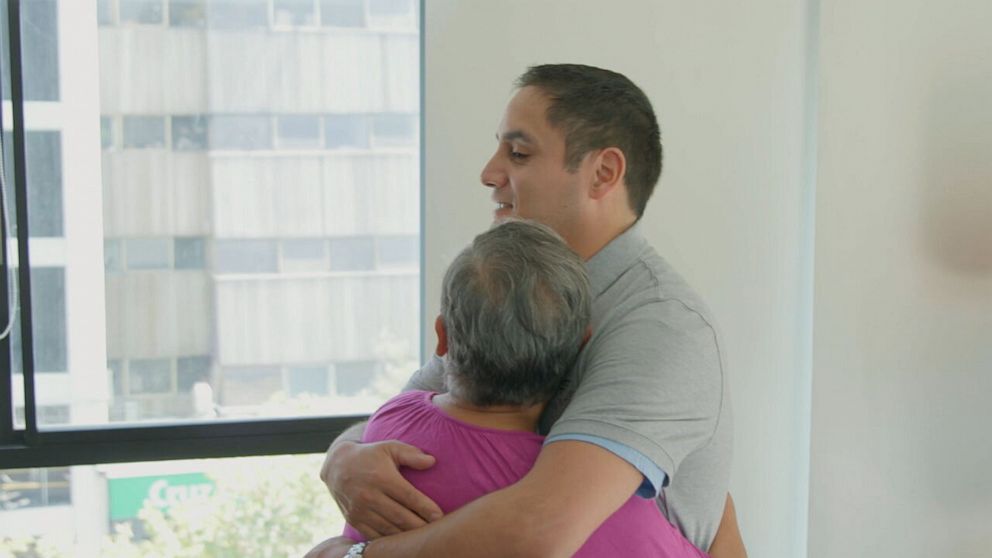
Under the dictatorship of General Augusto Pinochet in the 1970s, coercive adoptions became widespread in what experts say was an effort to reduce poverty and control the population. Thousands of children were taken and trafficked around the world through a complex network that included hospitals, Catholic churches and the Chilean government.
“They were selling kids,” said Constanza del Rio, from the Chilean nonprofit Nos Buscamos. “The moms or the families were lied to by them. They didn't know that the kids were alive. So they're not looking for them.”
Those targeted were often among the most vulnerable, like single mothers, the poor and indigenous women from the Mapuche community.
After confirming the match through DNA testing, Graf began communicating with his birth mother. They finally had a face-to-face reunion last year organized by a team including Osvaldo Corral from Univision, who has become a close friend of the family.
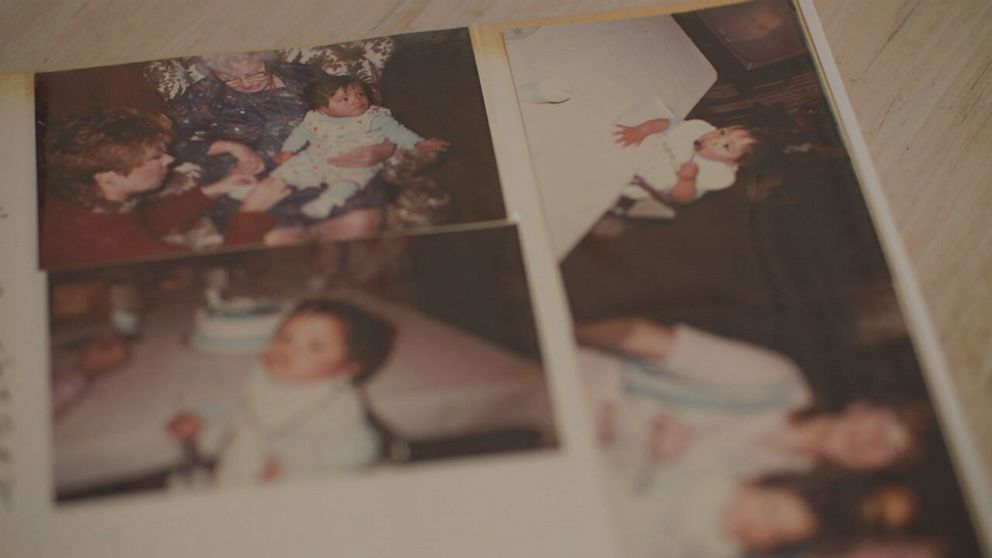
In late January 2022, ABC News followed Graf as he traveled to Chile for the first time to see his birthplace and meet additional relatives.
“I have so many emotions. It's living a life out of my comfort zone right now, going to a foreign country I've never been to before. I don't speak the language fluently,” said Graf. “I have that fear of sitting right in front of my birth mom and not being able to communicate or express my feelings. It's scary.”
Graf has spent the past 38 years living in the United States. He has a wife, Brittany, a child, Wyatt, and works for the City of Houston Fire Department. According to his adoption paperwork, which he says was falsified, he was born in Temuco, Chile, and his mother gave him up because she had several other children and couldn’t support him.
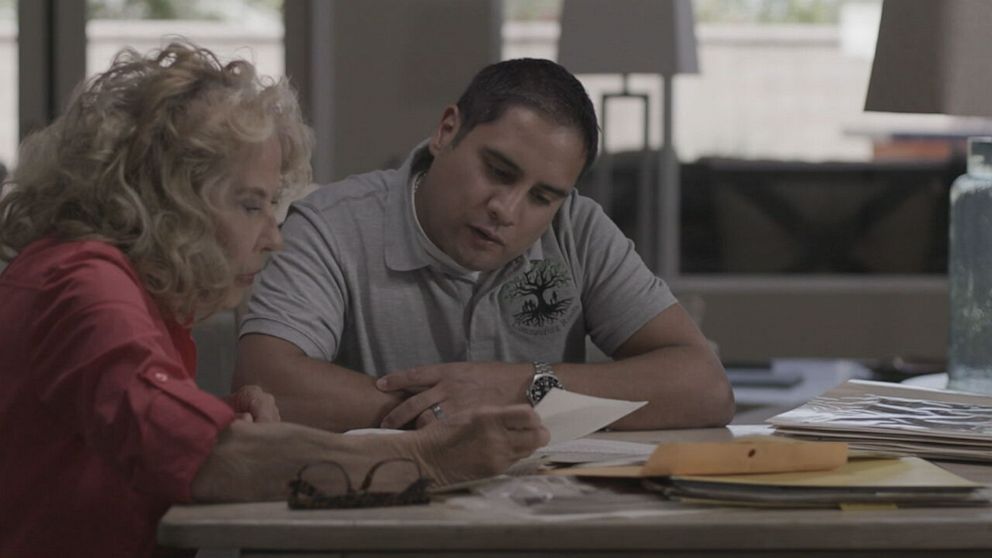
“To tell a mother that their child died…Yeah, I would call it kidnapping or stealing,” said Graf. “To catch someone at their weakest moments and prey on that is just, it's disgusting. I don't know what kind of person was even capable of this, but for lack of a better word, inhumane.”
Graf was adopted by Carol Graf Carnish and her family. He spent most of his childhood in Minnesota.
“To think for 38 years that your son has been dead… It would be just devastating,” said Tyler's adoptive mom Carol Graf Carnish. “I might be a victim, but I don't look at myself as that.”
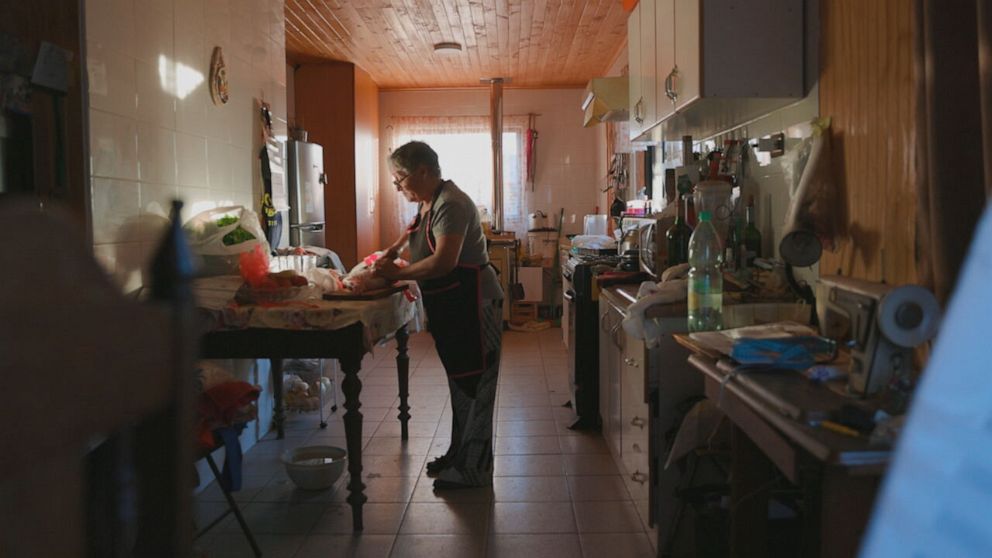
Graf’s adoptive mother said she had no idea that her baby was stolen.
“I really wanted children of my own. I had been pregnant and lost a child. And so we looked into adoption,” said Graf Carnish. She said she and her husband traveled to Chile to pick up the baby at the orphanage and recalled feeling hurried out. “We're bonding with the baby and then all of a sudden it was like, ‘Ok, [you] have to go.’”
ABC News reached out to Tatiana Roman, the judge who had signed Graf’s adoption papers, but she declined to comment. ABC News did reach a woman, who wished to remain anonymous, who said she was an assistant at one of the Chilean hospitals that was a part of the coercive adoption network.
While few involved have spoken publicly about coercive adoptions, ABC News interviewed a woman, who asked not to use her face or name, who said she was an assistant in the maternity ward of a Chilean hospital. She says she witnessed firsthand as midwives lied to mothers.
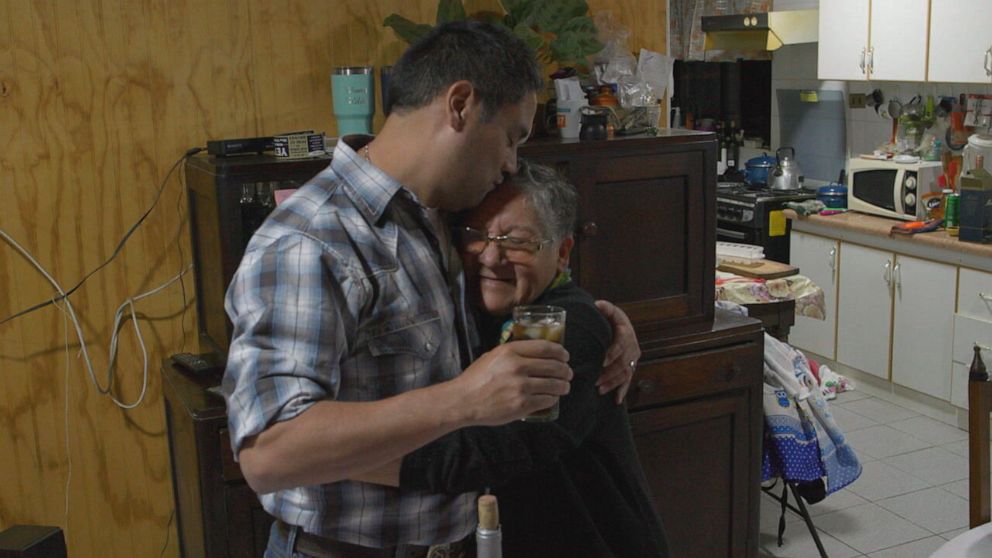
“The mother would ask to see their baby even if they were dead, but they would tell them no because they already had brought it to the oven to cremate them,” said the woman, in Spanish.
While she acknowledged knowing at the time that what she witnessed was wrong, she said the fear to protect her own family prevented her from speaking out until now.
"If I returned to that time again I would not have done things differently because I had my children and I had to protect them," she said. "It was a dictatorship and those who challenged authority ... they would eliminate them."
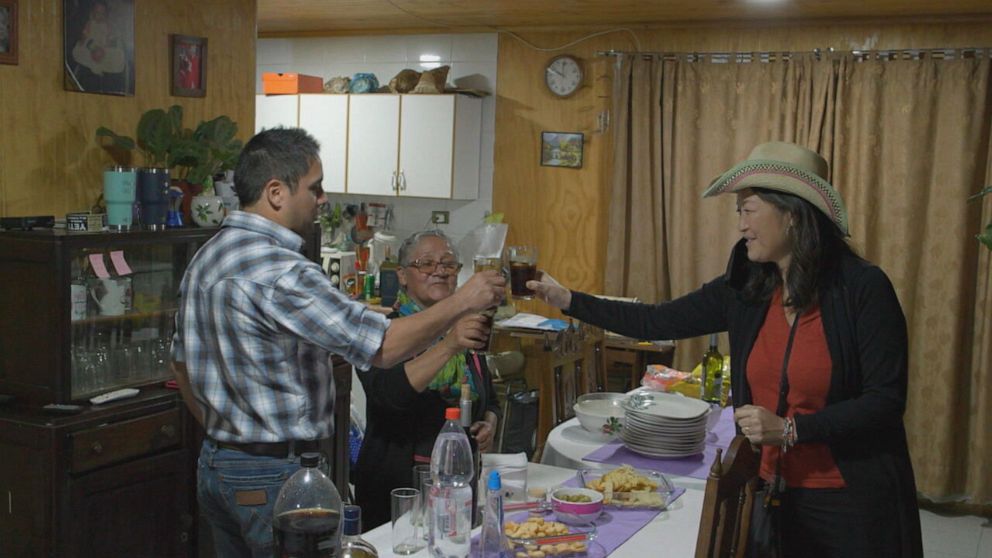
In 2018, Boris Barrera, a member of the Chilean congress, launched an inquiry into the coercive adoptions. His investigation called for a Truth and Reparations Committee and a DNA database -- but no one has been charged with a crime.
“What we are anticipating is that there will be punishment. The truth is that it’s hard,” said Barrera in Spanish. “Although the investigative police are working, there is a group of five people for more than 20,000 cases.”
Graf and his family also decided to take action. They created a nonprofit called Connecting Roots that uses DNA kits from “MyHeritage DNA” to help other adoptees find their biological family members.
“We're past the punishment stage. I think we're just looking for them to admit what they've done and to help reunite people,” said Graf.
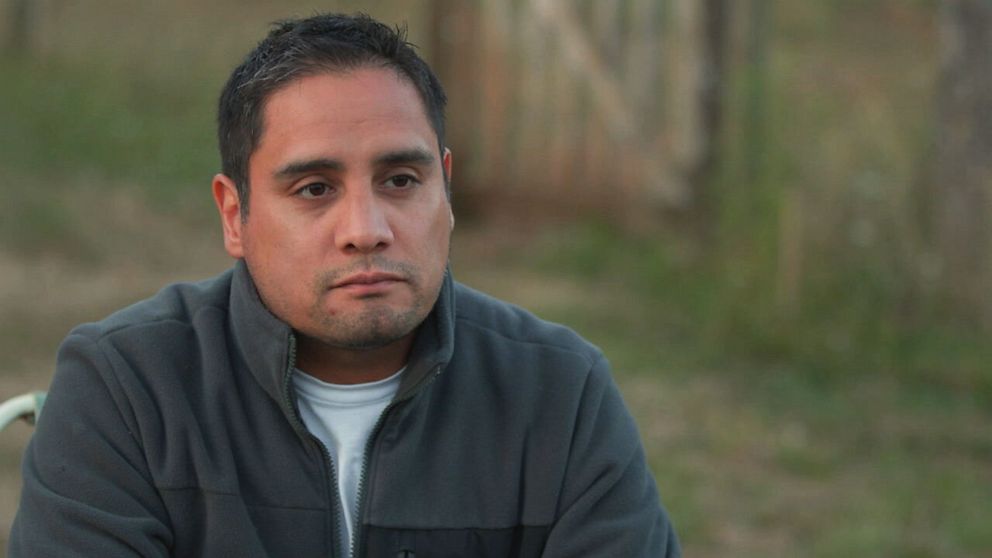
Graf has teamed up with Constanza del Río from “Nos Buscamos” to help create a DNA database between the United States and Chile to help more quickly identify potential matches and help other families reunite.
“We're running out of time, not because of [punishing] the child traffickers; I don't care about that. I am caring about the mothers and the families to be reunited,” said del Rio.
Graf is focused on continuing his work with Connecting Roots. So far, they’ve had four DNA matches helping families reunite.
“Within the very little time we’ve been an organization and we’ve been able to make a difference,” said Graf. “I have high hopes.”




